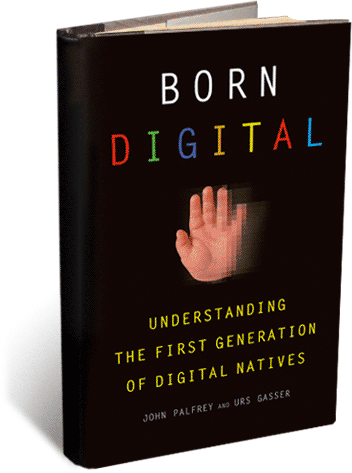History’s great promoters of “democracy”, whether they be Ancient Greek philosophers, American or French Revolutionaries, Communists, or English Parliamentarians, have in every case meant that “everybody” in a society should be able to take part in decision-making of the body politic. But how far has this ideal been realised? And is it time that we can take it further?
In none of the cases cited above were their “democratic” methods completely or truly inclusive: “everybody” variably excluded women, people of other races or ethnicities, people below a minimum threshold age, people without property, etc. In the course of the twentieth century, the right to vote in elections for “representational democracy” was broadened, though those who fell foul of the Law, or the diagnoses of psychiatric medicine, were still usually excluded.
“Democracy”, as it is claimed in modern nation states, generally refers to what can be categorised more specifically as “representational democracy” - i.e. where instead of a political decision being made directly by the masses, it is made by a group of regionally elected representatives, who make decisions “on behalf” of the masses for the duration of a fixed term. Take note that, once these elected representatives are comfortably seated in the decision-making room, they can basically do whatever they want. Though they may try to make decisions that will win public approval in the lead-up to the next election, the fact remains that they can make whatever decision seems best (or most advantageous) to them at the time; and it is clear enough, in any case, that elections for democratic representatives are mostly decided based on haircuts (see last American presidential election) and media manipulation (see any Australian federal election).
Until recently, there existed a strong argument in favour of representational democracy: that for a society of millions, direct popular decision-making would be unworkably impractical. But does this argument still hold? Has the internet altered our political potential as a society?
…
Let’s say you are a nation of some twenty million inhabitants, and you want to decide how to divide up the resources budgeted for education. You could hardly gather the population in a room and ask for a show of hands. You could ask them to make marks on pieces of paper, then collect and count the tally; but this too would be impractical if required for every decision. However, the world-wide network of computers linked by telephone cables provides us with a vastly more efficient system of communication.
Obviously, if internet connections were used to enable popular participation in political decision-making, it would still be very difficult to enforce compulsory voting by the entire adult population. But perhaps voluntary, total plebiscites could be efficiently and quickly conducted, so that a genuinely popular decision could be made on whether a new governmental Bill should be passed or not. Perhaps democratic representatives could still sit in parliament, but only to argue points of view, and without any exclusive voting rights. If this were the case, they might even begin to argue issues intelligently - which they clearly don’t feel the need to do at the moment. The Australian parliamentary television program Question Time shows very bored-looking, mostly oldish, mostly men, sitting half-asleep and jeering at each other. Is this really still the best method we have, as a society, of deciding our collective future?
Of course, if the internet were to be used for popular voting on political decisions, access to internet connections would need to be available to all. And data security would need to be both solid and agile; hackers would potentially mount “hacking wars” on the electoral system. If nothing else, this could make a good premise for a science-fiction film. But perhaps internet democracy still is nothing more than “speculative fiction” - for I am sceptical that our current elected representatives would lend much support to this idea. After all, history has rarely seen political power and exclusivity being relinquished willingly.








